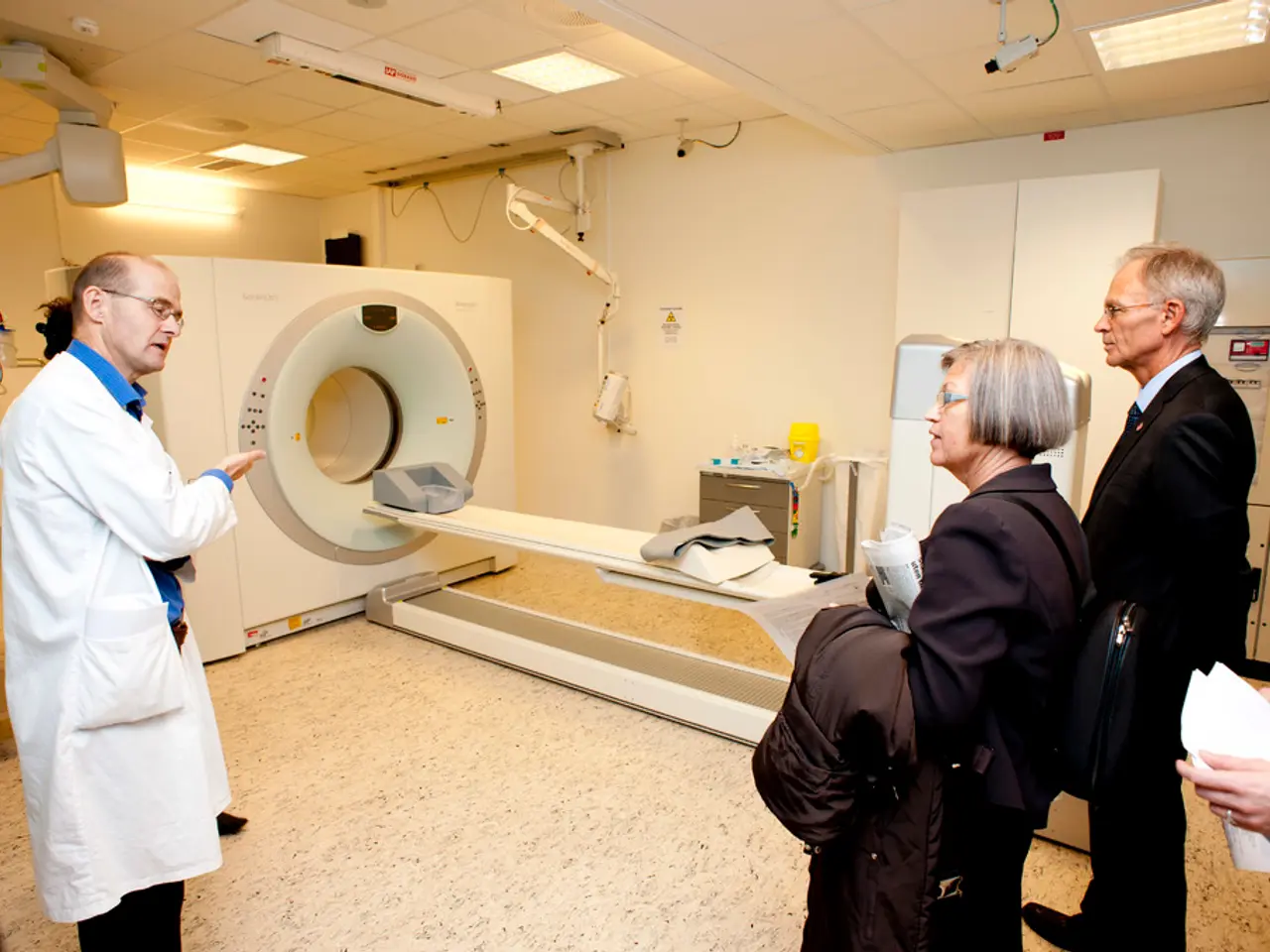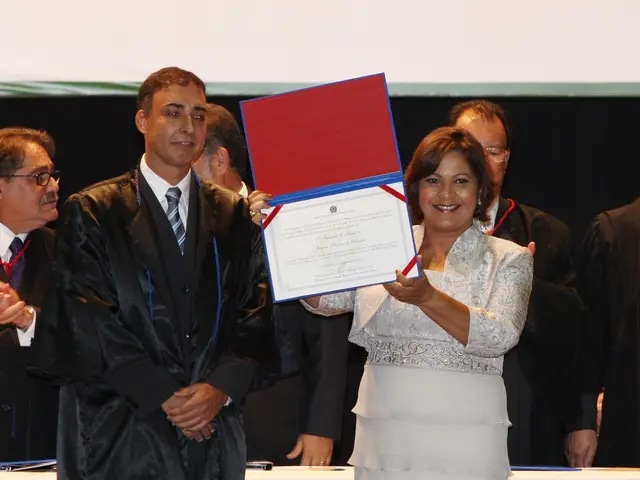UK doctors undergo extended training - with a purpose behind it
In the United Kingdom, the National Health Service (NHS) is moving towards a more self-sufficient workforce by prioritizing domestic medical graduates for specialty training. This shift aims to reduce the intake of overseas-trained doctors, who currently make up 34% of the NHS workforce [1][2][3].
The proposed changes are a response to the increasing competition for specialty training places, with UK graduates often losing out to international medical graduates (IMGs) due to previous policies that allowed equal competition [1][2]. The new 10-year NHS workforce plan emphasizes prioritizing UK medical graduates and doctors who have worked substantially in the NHS for foundation and specialty training roles [2].
Foreign-trained doctors can still be recruited, but they will be capped at less than 10% of new NHS hires by 2035 [2][3]. This cap is intended to protect training opportunities for UK graduates.
Meanwhile, countries like Germany, France, and the United States have different requirements for foreign doctors. In these countries, foreign medical graduates typically need to have their credentials recognized, pass national licensing examinations, and complete residency training within their systems [4]. Surgical training pathways in Germany and France often require additional exams or language proficiency tests before practicing [4]. In the United States, foreign medical graduates must pass the USMLE exams, obtain ECFMG certification, and secure residency positions through the Match system [4].
The NHS's proposed solution is to increase self-sufficiency by guaranteeing foundation and specialty training posts first to UK medical graduates, limiting overseas recruitment, and increasing emphasis on expanding domestic training capacity [1][2]. This approach contrasts with an earlier period when international graduates could equally compete, increasing competition ratios and training pressure [1][2][3].
Tony Narula, a consultant surgeon based in Wargrave, Berkshire, UK, is one of the advocates for this change. He suggests that advanced fellowship training for foreign graduates in the NHS negates the benefits of a shorter training scheme [5]. However, persuading the British Medical Association (BMA) to accept a two-tier consultant cadre could be challenging [5].
It is worth noting that the comparison of training durations for specialists in the UK with those in Germany, France, and the US is relevant to Tony Narula's advocacy. Graduates from surgery programs in these countries have relatively limited skills compared to the NHS [6]. This difference in training duration and skill level is a significant factor in the proposed two-tier consultant cadre and the prioritization of UK-trained doctors.
[1] BBC News. (2021, July 8). NHS: UK to cut overseas doctor recruitment by two-thirds. [2] The Guardian. (2021, July 8). NHS workforce plan to reduce intake of overseas-trained doctors. [3] The Telegraph. (2021, July 8). NHS to cut overseas doctor recruitment by two-thirds under new workforce plan. [4] NHS Employers. (n.d.). Recruitment and selection of overseas doctors and dentists. [5] The Times. (2021, July 12). NHS needs two-tier consultant cadre, says Tony Narula. [6] The Times. (2021, July 12). NHS needs two-tier consultant cadre, says Tony Narula.
Science plays a crucial role in the NHS's decision to prioritize domestic medical graduates, as it reveals differences in training duration and skill level among specialists from various countries. This health-and-wellness initiative is also tied to education-and-self-development, as the focus on workforce self-sufficiency involves expanding domestic training capacity and ensuring quality medical-conditions care through well-trained domestic doctors.




